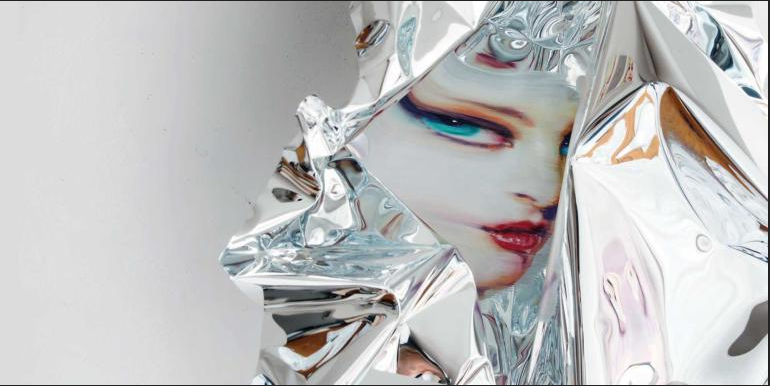La Traviata at the English National Opera
Image taken from the English National Opera website
La Traviata had a somewhat complicated beginning. This opera – The Fallen Woman – is a Verdi opera in three acts, adapted from the novel La Dame aux Camelias by Alexandre Dumas. It opened in 1853 at La Fenice in Venice. Despite the Composer’s wish for a contemporary setting, the local authority insisted that the action be set in the early 18th century and it wasn’t until the 1880s that a more contemporary production was staged. In the original production, the acclaimed soprano singing the lead of Violetta was booed because she was considered to be too old (at 38) and too overweight to credibly play a young woman dying of consumption!
ENO has had a number of productions of this opera. The last one by the renowned Opera Director, Peter Konwitschny, was an unhappy bland affair. Very far removed then from this current production, which is full of colour, spirit and pathos and creative ideas – perhaps even too much so.
The production by ENO’s Artistic Director, Daniel Kramer, opens in Act I as a feast for the eyes, with the prostitute ladies on the arms of their men in a colourful setting, where each lady has an Amsterdam red-light booth with a bed. The fairly standard garden scene in Act II is followed quite ingeniously and immediately into the final colourful gambling scene. Clever. Act III removes all the glamour and pretence, with dirty mattresses covering the floor and Violetta digging her own grave. It is a really dark drab poignant finale to all the colour and sparkle that has gone before.
In a young cast, the Irish lyric-soprano, Claudia Boyle, sings Violetta. She does not possess a large vocal instrument, but has a beautiful sound and great attack at certain moments when required. She appeared somewhat nervous on her opening night and she will undoubtedly grow into her role as the run progresses. She will also need to form a more secure bonding relationship with her lover, Alfredo, sung by the young South-African tenor, Lukhanyo Moyake, making his UK debut. His voice has the ability to fill the auditorium and he can certainly sing the part – sometimes over singing. He too needs more finesse in the portrayal of his role on stage. Both will probably do well to learn from Alfredo’s father, sung by the wonderful Alan Opie, who is still singing outstandingly well into his 70th year – and with great diction too. Heather Shipp was an excellent Flora and the cast all sang well to an excellent English translation by Martin Fitzpatrick.
The evening was led outstandingly by the young British conductor, Leo McFall, who controlled the music and the singers beautifully and highlighted the chorus’ substantial role.
Not perfect, but a fun night.
David Buchler







